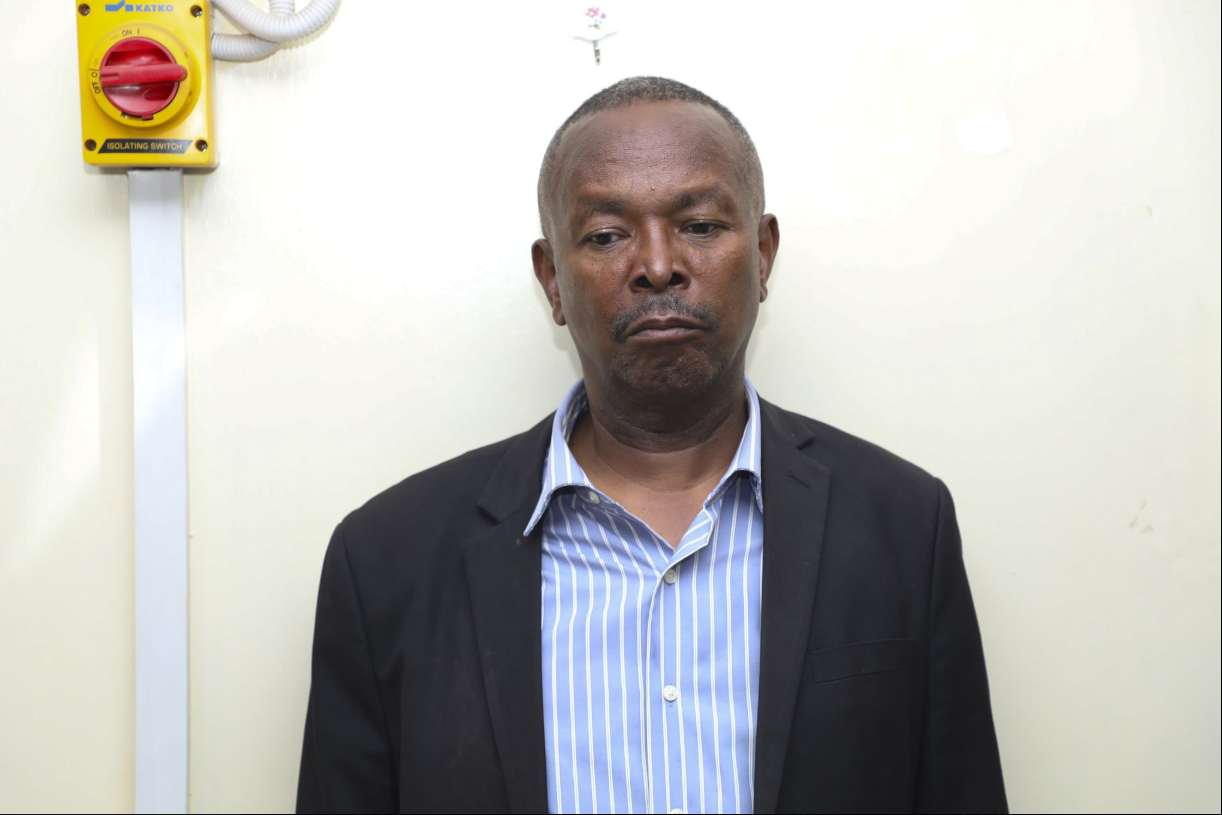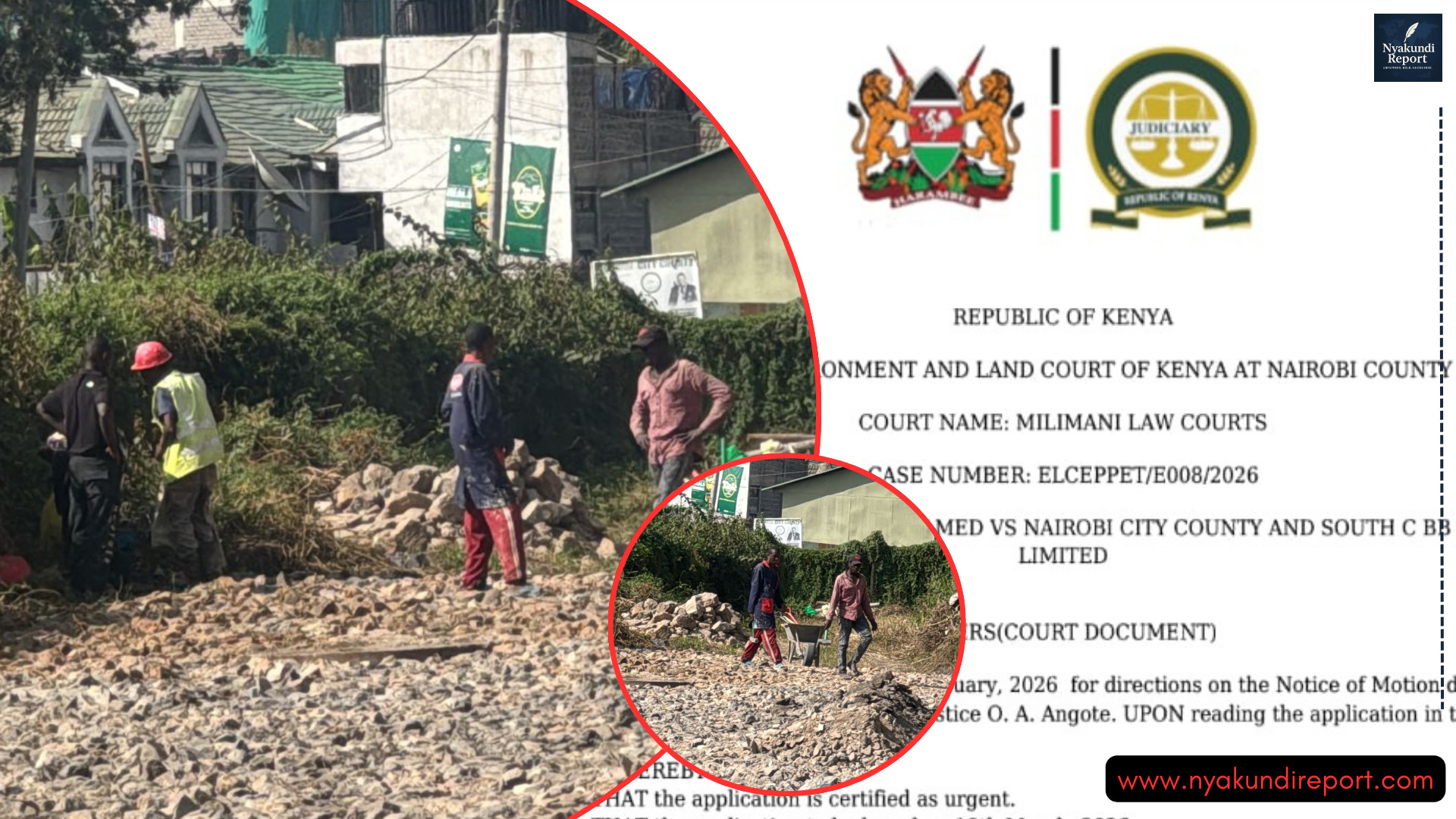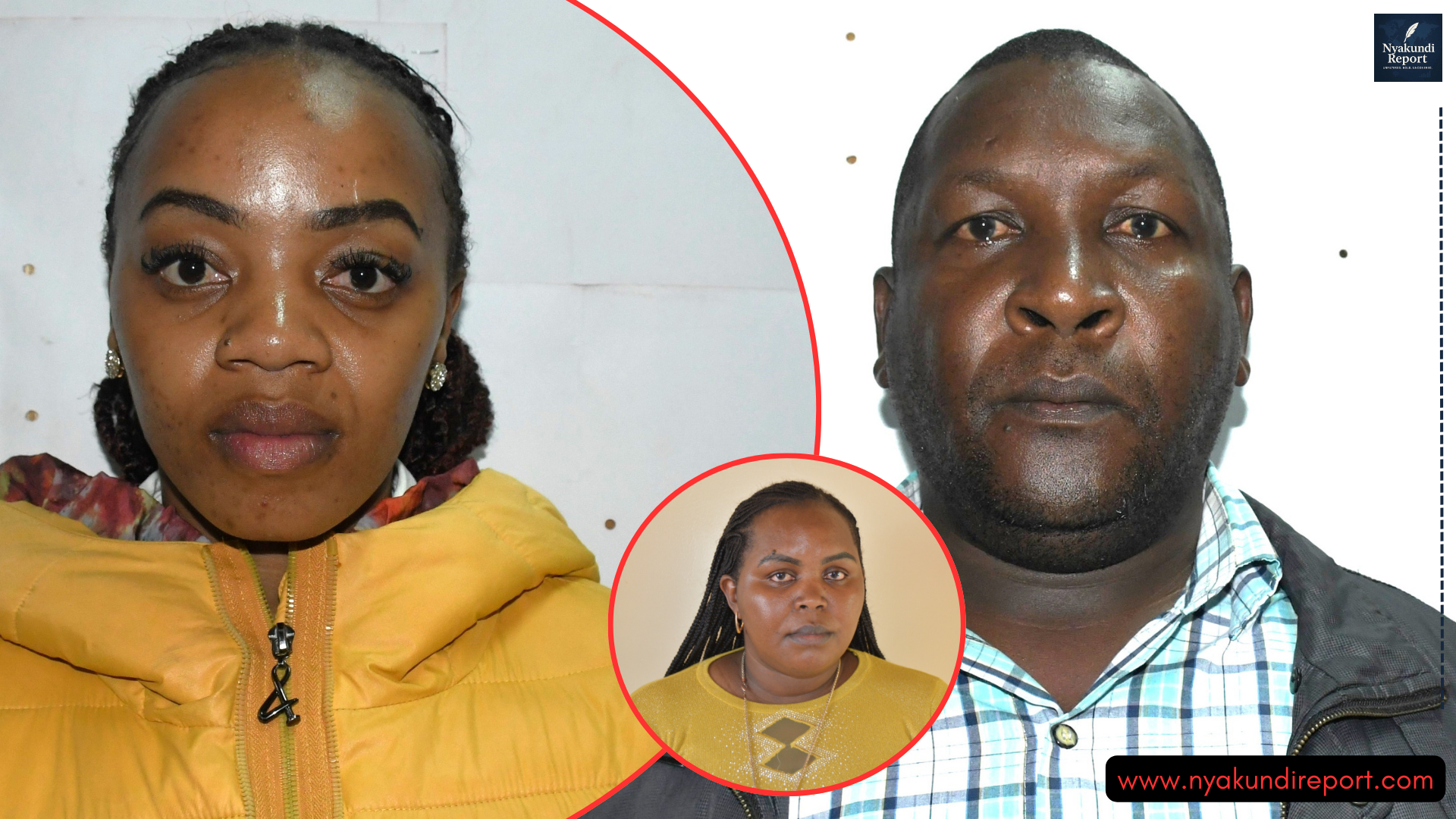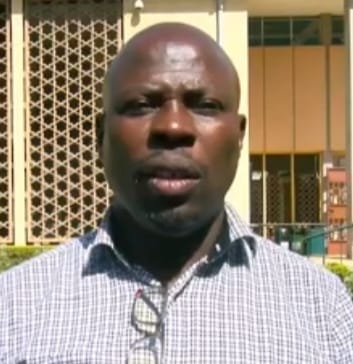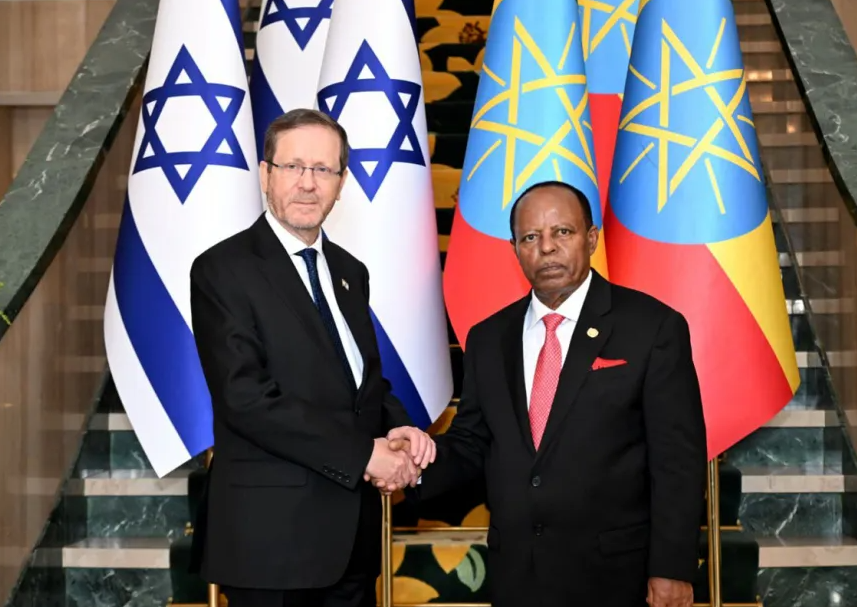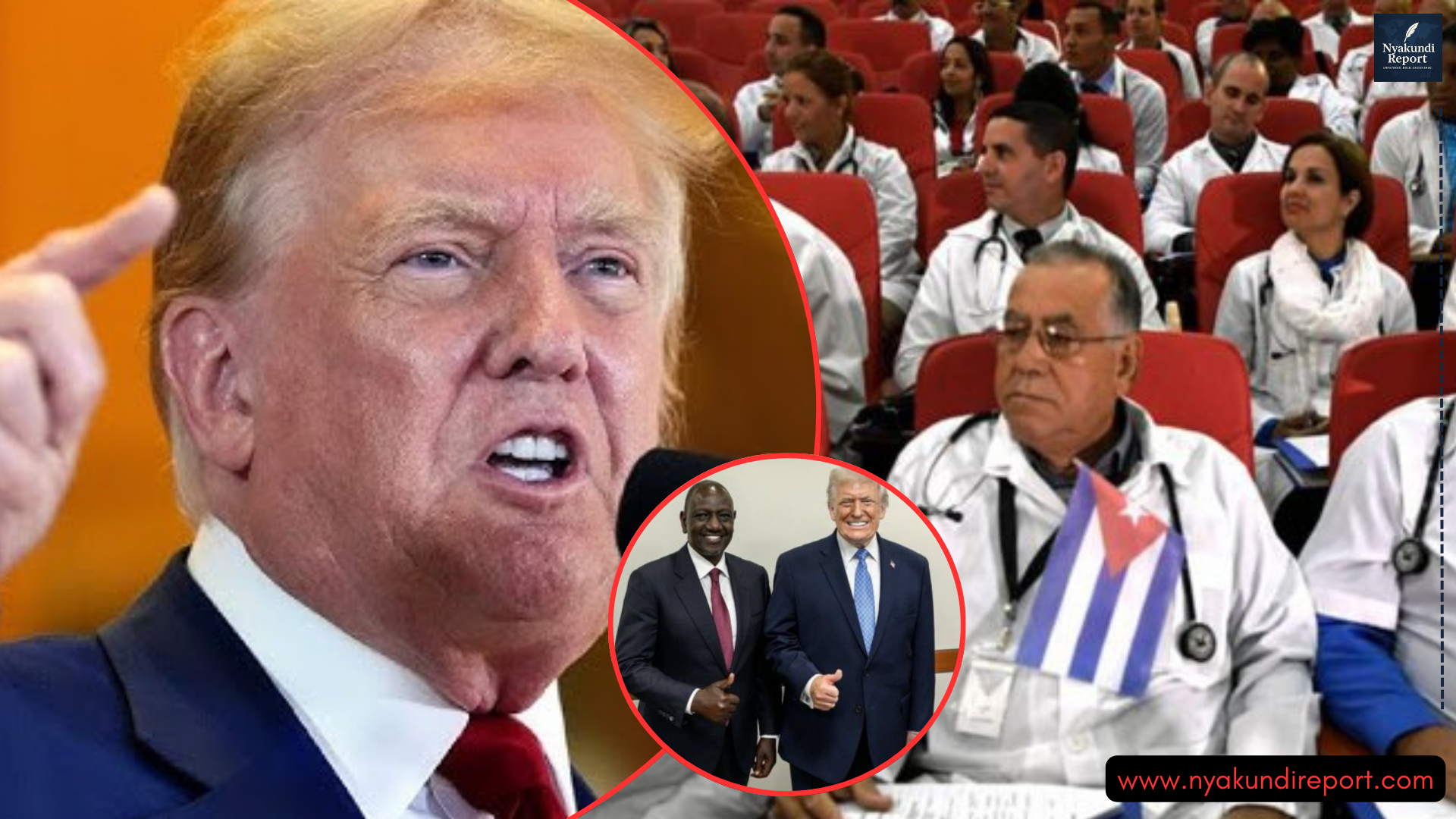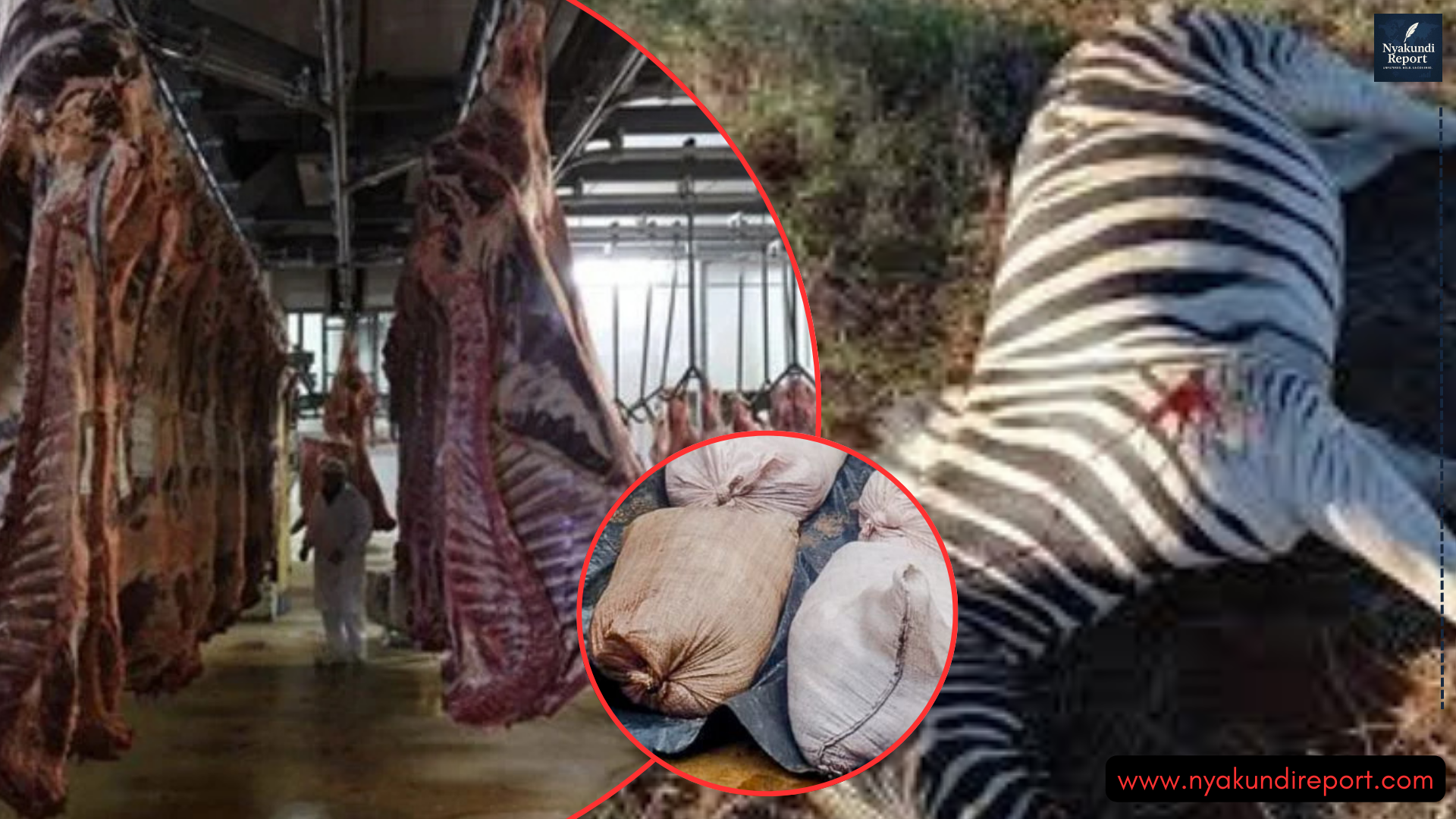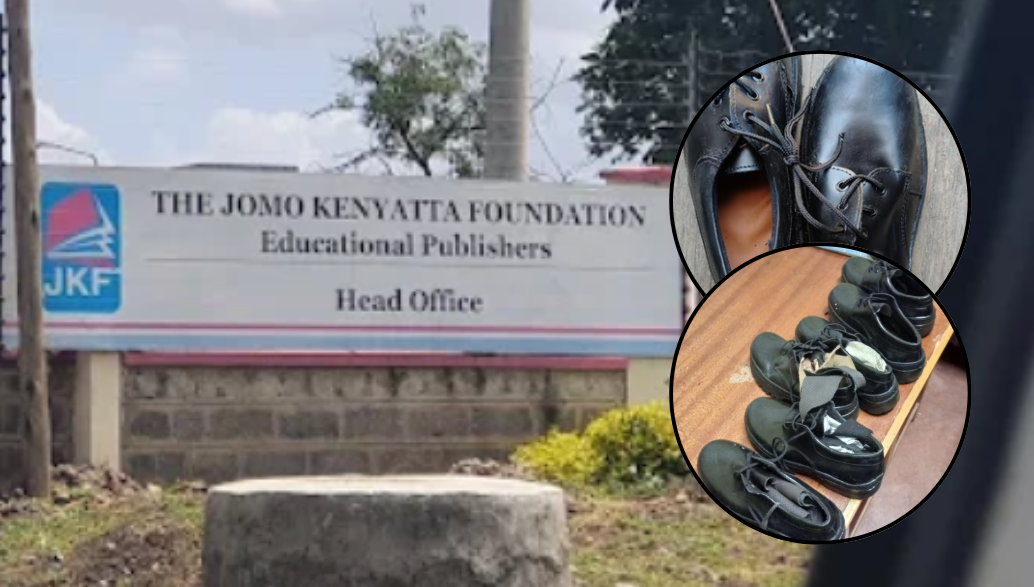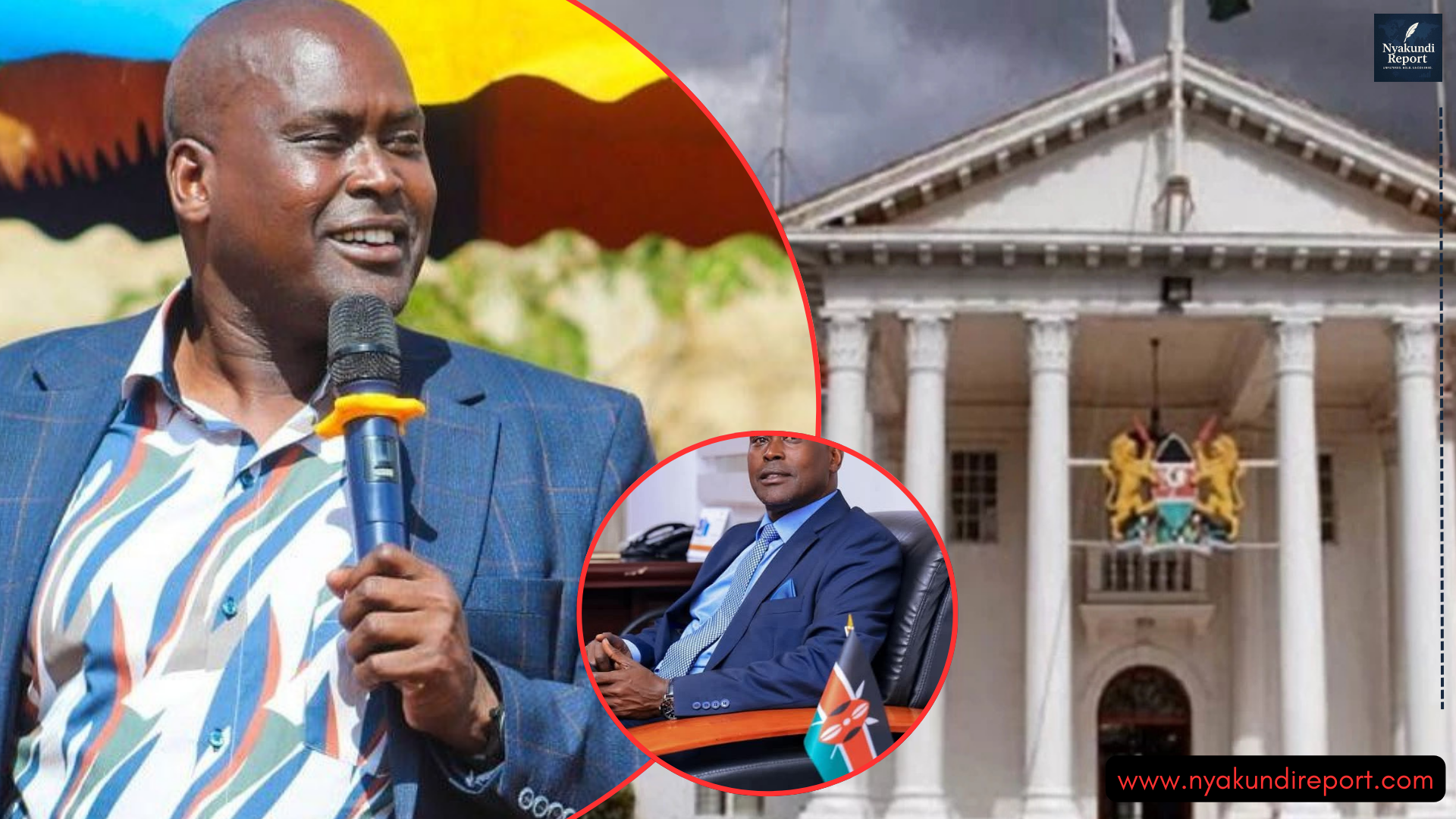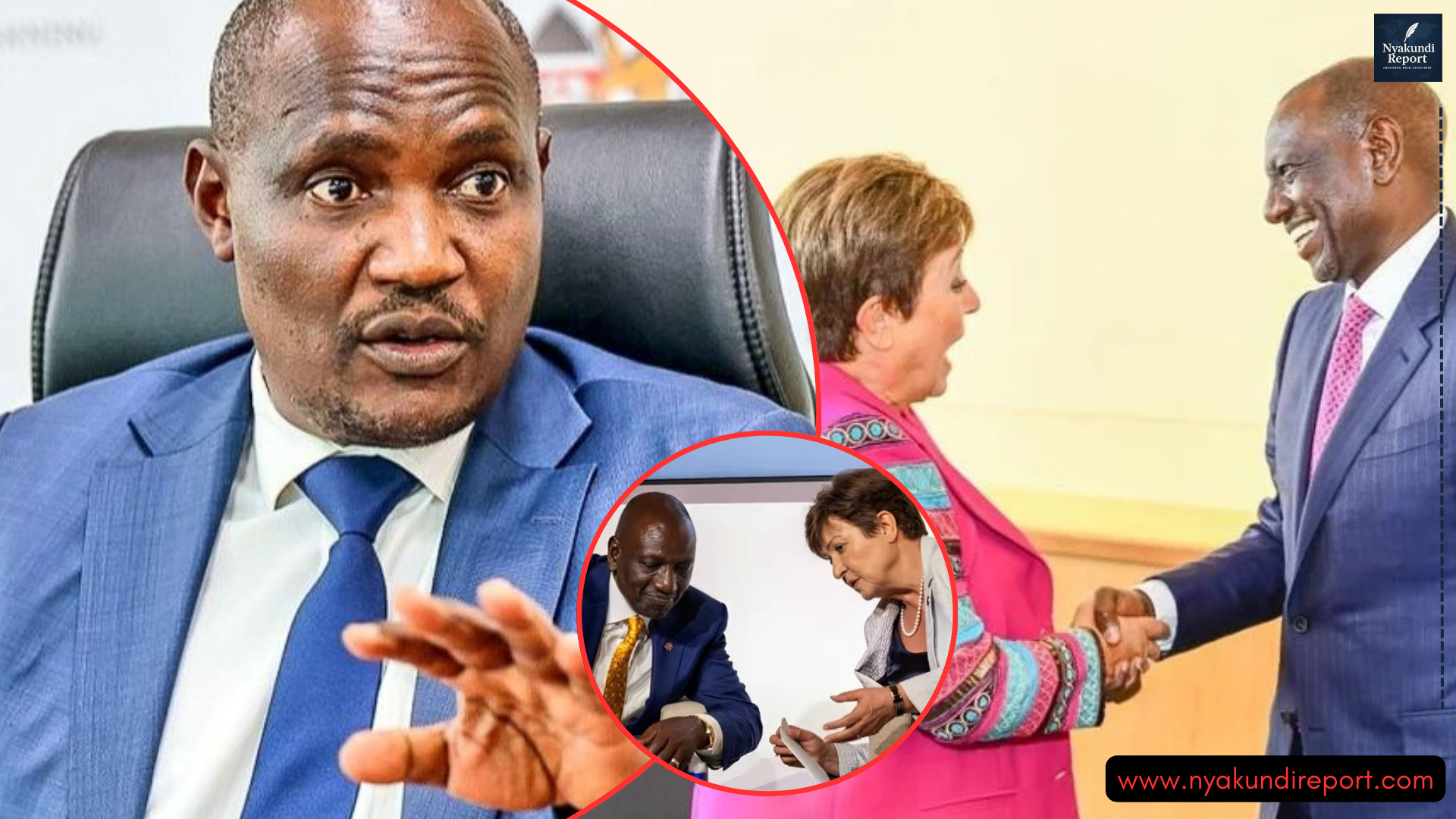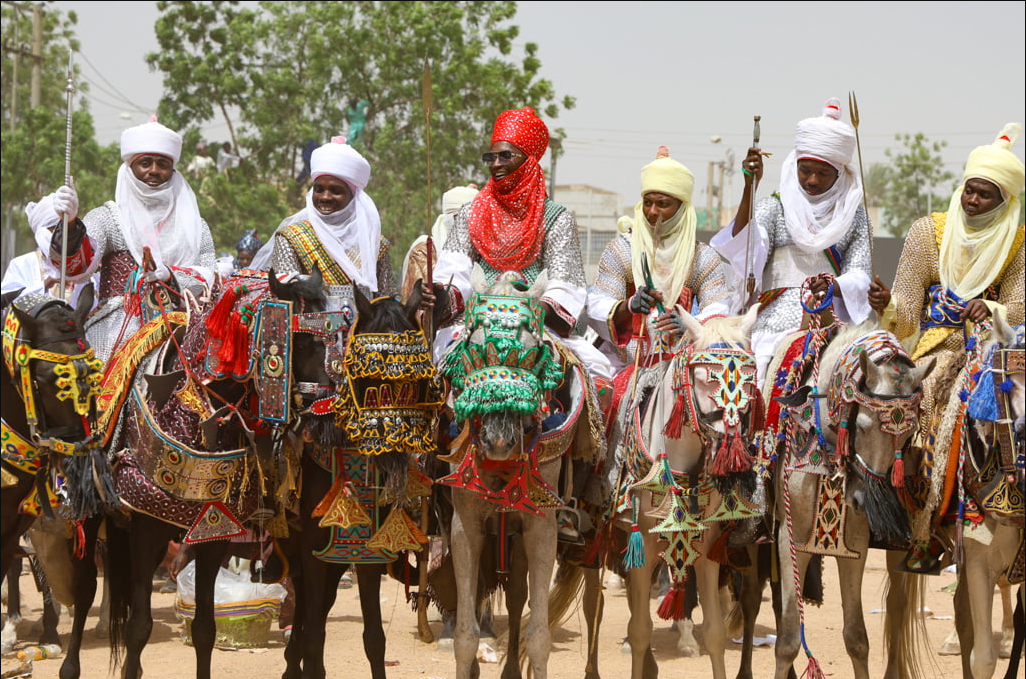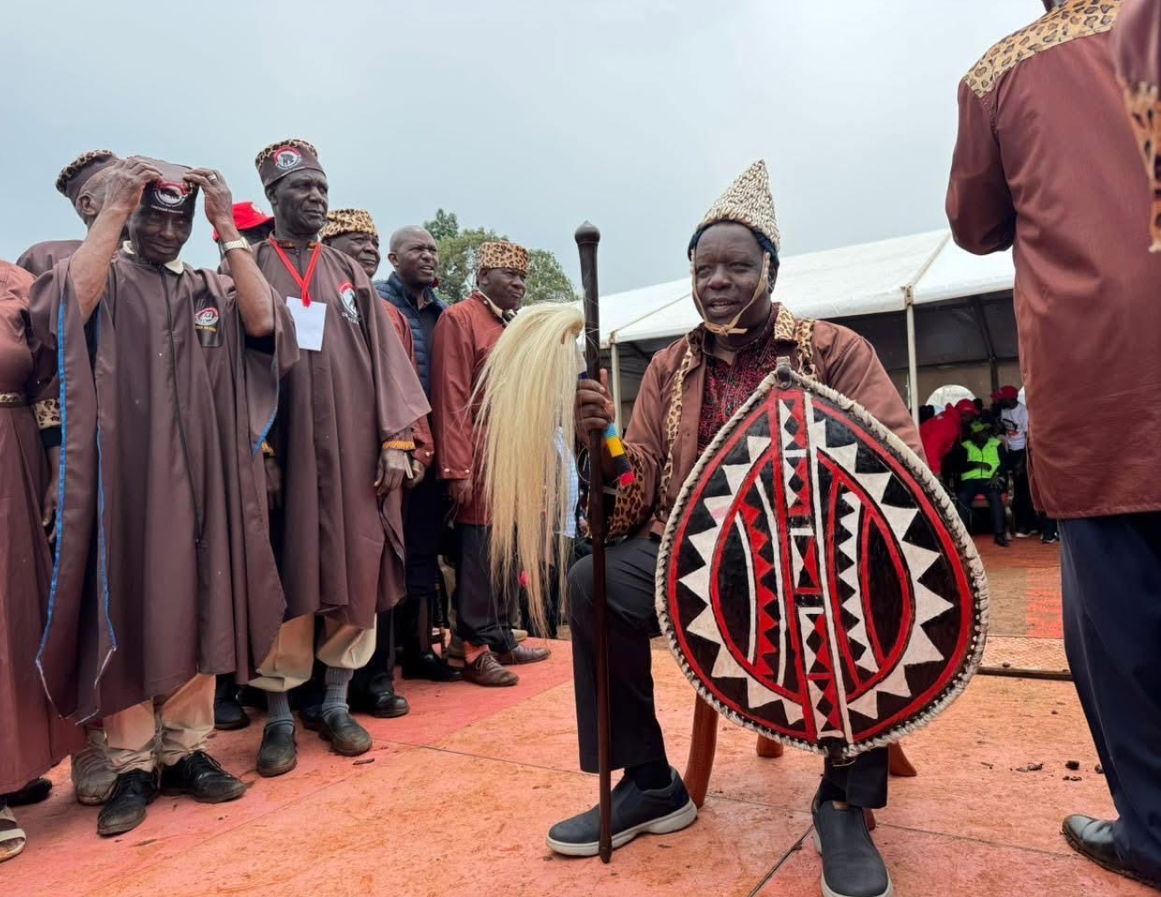Kenya is facing a fierce diplomatic storm after Sudan issued a strongly worded statement demanding President William Ruto’s government cease all support to the Rapid Support Forces (RSF) militia.
The outcry followed remarks by government spokesperson Isaac Mwaura, which Sudan interpreted as an admission that Kenya has been a conduit for United Arab Emirates (UAE) arms destined for the rebel group.
Sudan’s Ministry of Foreign Affairs now accuses Kenya of fueling instability and violating international law, igniting a crisis that could reshape diplomatic ties in the region.
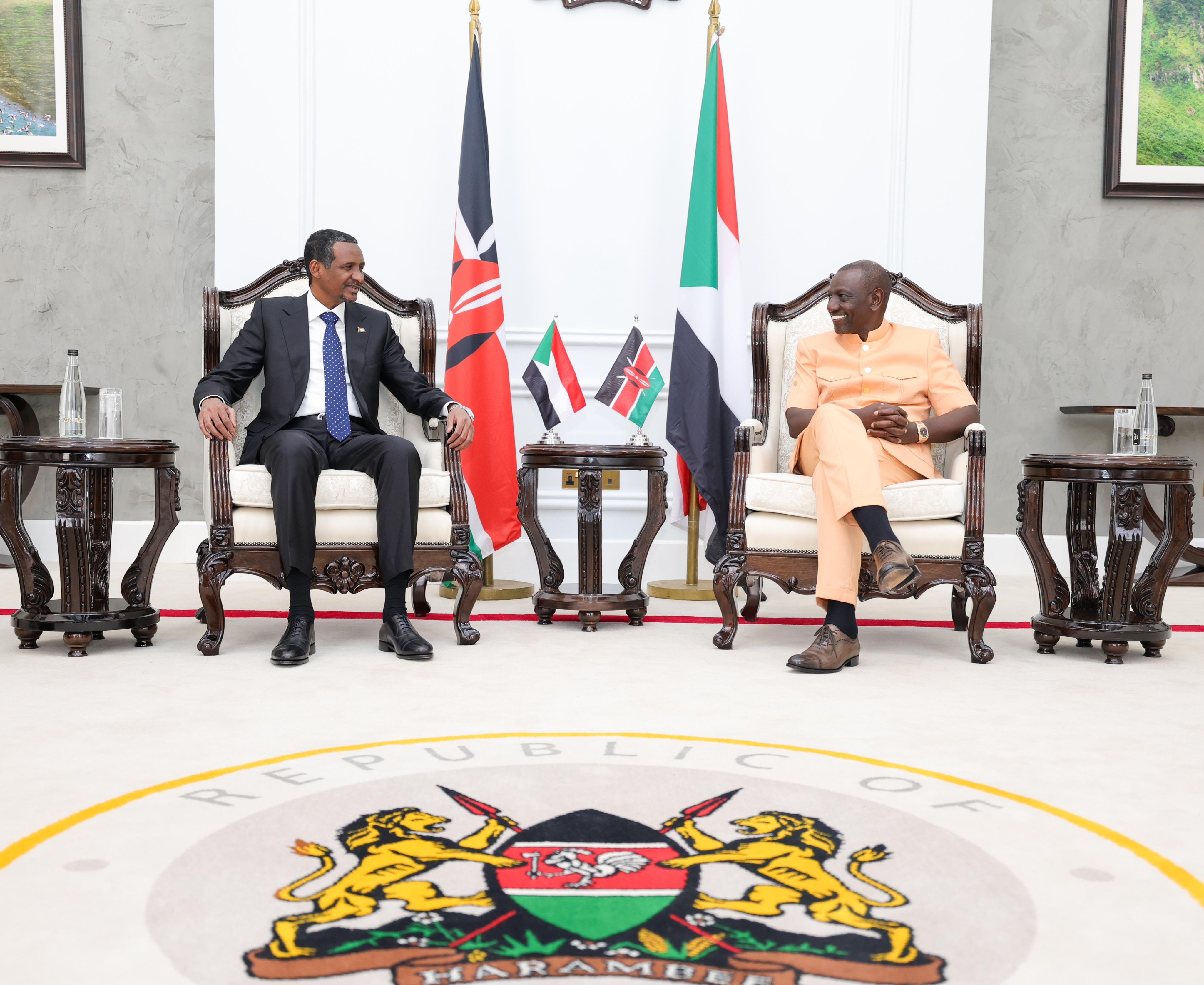
Sudan Issues Demands to Kenya Over Alleged Interference and RSF Support
Sudan’s government is not holding back. In a blistering statement on June 24, its Ministry of Foreign Affairs demanded that Kenya stop what it called “all forms of support” to the RSF militia. The statement accused the Kenyan government of failing to respect the principle of non-interference and breaching its commitment under the United Nations Charter.
According to Sudan, Kenya has become a logistical channel for the UAE to supply arms and support to the RSF—a paramilitary group currently locked in a brutal civil war against the Sudanese Armed Forces (SAF). The statement made it clear that Khartoum views these actions as a direct threat to its sovereignty and the stability of the region.
The tipping point came when Isaac Mwaura, Kenya’s Government Spokesperson, commented publicly on the RSF’s activities and acknowledged UAE involvement. Although Mwaura appeared to be explaining Kenya’s neutral position, Sudan interpreted the statement as confirmation of Kenya’s complicity.
Sudan dismissed Mwaura’s claims that the SAF was also receiving external military support, labeling the allegations as baseless. “SAF, the national army, is duty-bound constitutionally and morally to defend the country and its people,” the ministry said.
Accusations of Fueling a Terrorist Movement
Sudan did not mince its words in describing the RSF. Its foreign ministry called the group a “savage terrorist militia,” drawing parallels with extremist groups such as ISIS, Al-Shabaab, and Boko Haram.
Sudan argued that just as the international community united to dismantle these terrorist networks, the world should now assist Sudan in confronting the RSF.
The country also accused Mwaura of indirectly legitimizing the RSF’s effort to partition Sudan by mentioning a “Government of Peace”—a ”term Sudan strongly rejected. In Khartoum’s view, this language serves to validate the RSF’s campaign to establish a breakaway administration.
“These moves threaten regional peace, African unity, and the very foundation of international law,” the Sudanese government said, calling the RSF’s ambitions “a dangerous path toward state collapse.”
The statement ended with a firm call for Kenya to comply with the Constitutive Act of the African Union and other binding regional agreements, warning that continued support for the RSF would have grave consequences.
Kenya Denies Support but Faces Rising Pressure
The Kenyan government has tried to downplay the controversy. Foreign Affairs Cabinet Secretary Musalia Mudavadi recently addressed the matter in an interview on Citizen TV. He denied that Kenya has been involved in RSF meetings or military support operations.
According to Mudavadi, Kenya’s engagement with the RSF was limited to providing safe passage and space for peace dialogue. He emphasized that Kenya’s role is to promote peace and bring conflicting parties to the table — not to take sides in internal Sudanese affairs.
Still, Sudan is not convinced. It maintains that hosting the RSF or offering it legitimacy in any form undermines the Sudanese state and signals bias. This latest fallout builds on long-standing tensions between Nairobi and Khartoum, which have flared in recent months due to Kenya’s increased engagement in the Sudanese peace process.
Analysts warn that this diplomatic dispute could damage Kenya’s reputation as a neutral peace broker and cost it valuable influence in African Union-led mediation efforts. Sudan’s repeated references to the UN Charter and AU frameworks also suggest that the matter could soon escalate to the regional or international stage.
Diplomatic Tensions Escalate as Sudan Issues Demands to Kenya Over RSF Allegations
The Sudan-Kenya rift is widening at a dangerous pace. While Kenya continues to paint itself as a neutral actor working for regional stability, Sudan views Nairobi’s actions as a direct threat to its sovereignty. The accusations of aiding a rebel militia — especially one branded as terrorist — could tarnish Kenya’s standing in global diplomacy.
With Sudan issuing demands and hinting at legal or diplomatic consequences, the Ruto administration now faces a tough choice. Will it stand firm and defend its role in peace negotiations, or will it bend to Khartoum’s pressure and sever ties with the RSF?

